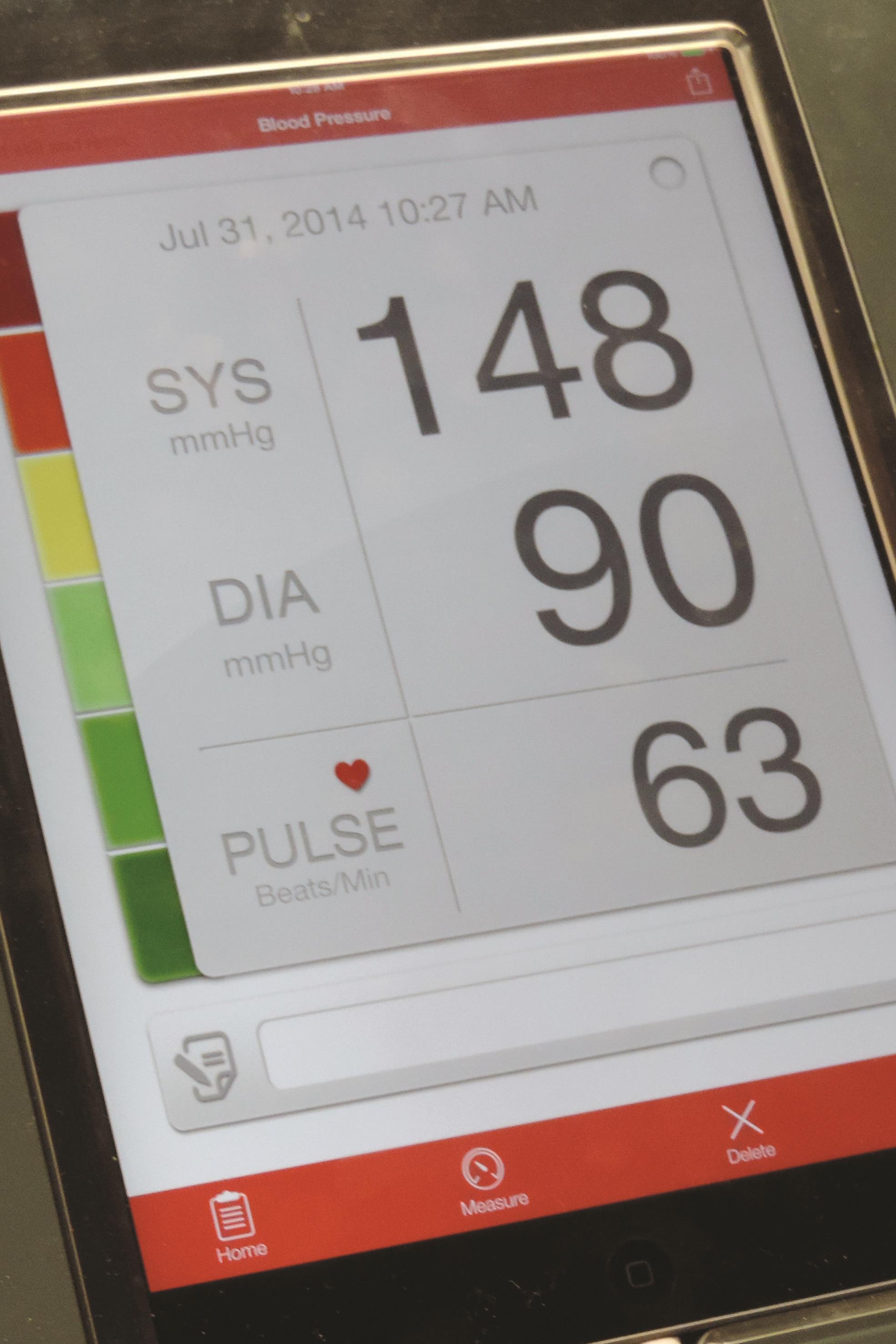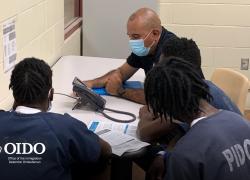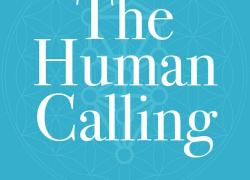Blood Pressure Control starts with Measuring Accurately
(NewsUSA) - High blood pressure occurs in almost half of American adults, and you may not know you have it until you experience complications, such as heart attack, stroke, kidney failure, vision loss or sexual problems. In addition, having high blood pressure could contribute to worst COVID-19 outcomes, according to the American Heart Association.
- High blood pressure occurs in almost half of American adults, and you may not know you have it until you experience complications, such as heart attack, stroke, kidney failure, vision loss or sexual problems. In addition, having high blood pressure could contribute to worst COVID-19 outcomes, according to the American Heart Association.
"The best way to know if you have high blood pressure is to monitor it. Having your blood pressure monitored by a health professional at least once per year and regularly monitoring it yourself at home and discussing your numbers and a healthy lifestyle plan with a doctor is a great way to control your blood pressure," says Willie Lawrence, M.D. cardiologist and American Heart Association volunteer expert.
Know how to measure accurately
Whether you're measuring your blood pressure at home or having it measured in a doctor's office or someplace else, here are important things to know to get the most accurate reading:
- Get ready. Don't smoke, consume caffeine, or exercise within 30 minutes of checking your blood pressure. Empty your bladder, and rest quietly for at least 5 minutes before measuring.
- Get set. Sit up straight on a firm chair with a back. Place your feet flat on the floor and uncross your legs. Your arm should be on a flat surface with your upper arm at the level of your heart. Place the bottom of the monitor cuff just above the bend of the elbow directly on your skin, not over clothing.
- Go. Take your blood pressure measurement at about the same time each day. Take two or three readings one minute apart and record the results on paper. Some blood pressure monitors will save results or let you upload them to a secure website. Share your results with your doctor.
Know the meaning of your numbers
In most cases, a normal blood pressure is 120/80 or less. If you have readings that are consistently higher than 130/80, that's considered high blood pressure. A reading of 180/120 or higher could be a crisis! Wait five minutes and check it again. If it doesn't come down, see a doctor right away. If you experience symptoms such as headache, weakness, trouble seeing, chest pains, back pains or other health problems call 9-1-1, immediately. Don't wait for your pressure to go down. You could be having a serious health problem.
Know how to reduce your risk
You may reduce your risk of high blood pressure by maintaining a healthy weight, being physically active, eating healthfully, reducing alcohol or not drinking and not smoking. However, if you do develop high blood pressure, don't give up. Knowing your blood pressure numbers, monitoring them regularly, taking medication as prescribed and working with a healthcare professional on a plan to improve your blood pressure and keep it under control, may help you to live a long and healthy life.
Many local businesses and organizations, such as churches, barber and beauty shops and community health centers are working with the American Heart Association to control blood pressure in communities and can be good places to get your blood pressure checked and to access resources and information at no cost to help you to live a healthy life.
For more information visit heart.org/hbpcontrol.













